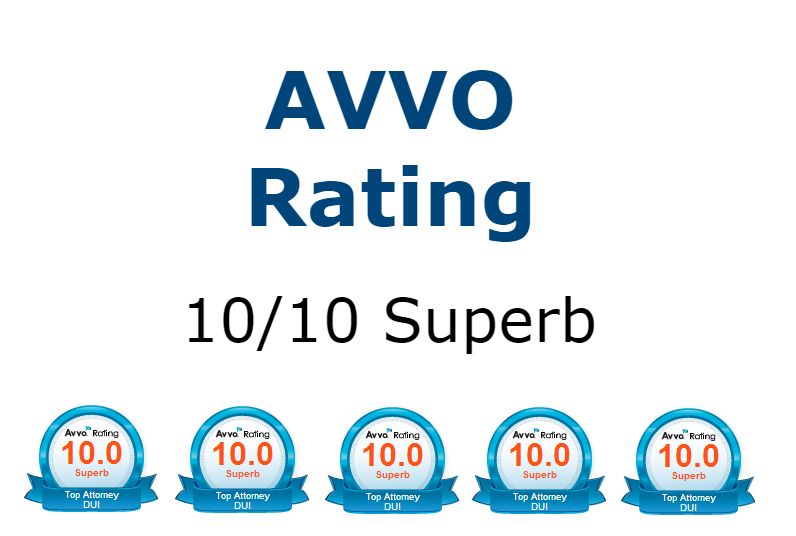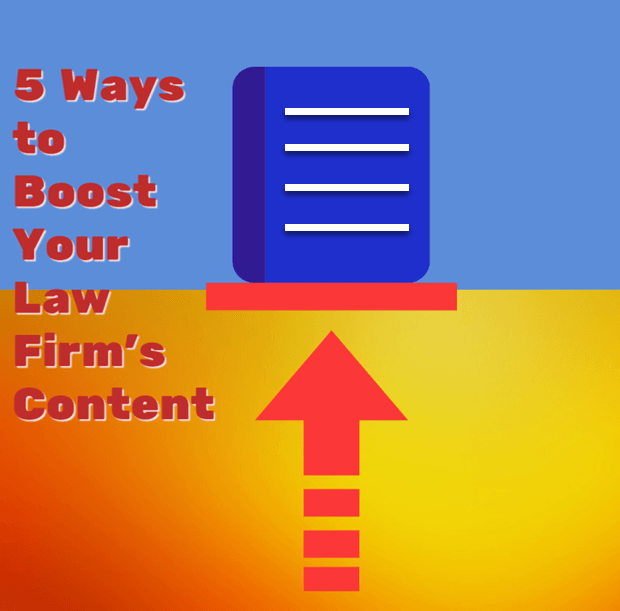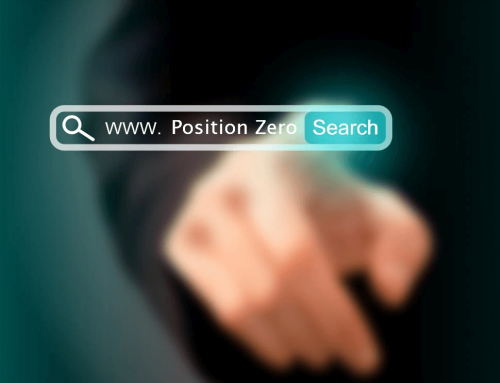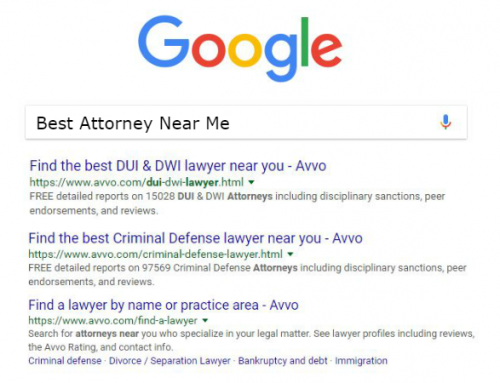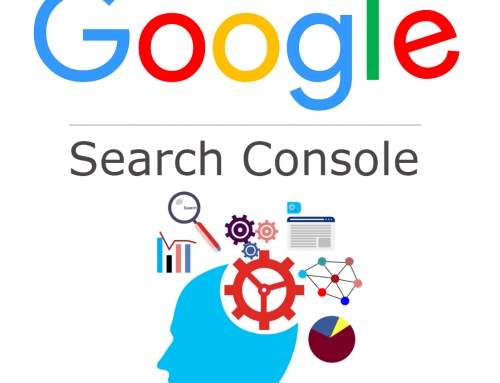Whenever Google rolls out an update, the SEO and internet marketing world tenses! Oftentimes, there are significant changes, and those can impact traffic and visibility greatly. How, then, do we react to “refreshes”? This is what Google is calling the newest iteration of their Penguin update. Does this indicate that the changes will not be as wide-spread or as drastic as has been the case with other algorithm updates? And are there ramifications for lawyers and firms?
What Does Penguin 3.0 Change?
Not much! It’s a facetious answer, but most likely true for most lawyers and firms. Penguin 3.0 affects less than 1% of search queries. As mentioned, Google terms this a “refresh.” It appears that there are no changes to the algorithm, and a refresh indicates that Google is simply re-running the update. To understand why – and how this could possibly benefit your site – it’s helpful to know more about the original Penguin update.
Rewind: What is the Penguin Update?
Penguin was the “code name” given to the algorithm update Google rolled out in 2012. Unlike Panda, which is geared towards penalizing low-quality and content-thin sites, Penguin takes aim at sites that implement so-called “black hat SEO” techniques to artificially inflate their rankings. Specifically, Google wanted to target websites that spam search results by purchasing links or engaging in link schemes.
This update affected about 3.1% of queries, including many legitimate sites. If Google was targeting spammy sites, how could a reputable one get caught up in the mix? Sometimes, it’s an innocent mistake: a lawyer, for instance, exchanges links with some associates. A few years ago that was perfectly acceptable – and smart – SEO move. Today, it is considered “black hat.” If you hadn’t cleansed your link profile, you could have been subject to an algorithmic penalty.
Another, more extreme, example is negative SEO. A competitor could inset unnatural, spammy links to your site in the hopes of damaging your positon in the search engine results pages. Admittedly, this is not common, but it does illustrate that, sometimes, legitimate sites can be affected by updates.
The Good News for Those Sites
If a site is affected by an update like Penguin, it is an “algorithmic penalty,” as opposed to a manual penalty. Google assesses manual penalties – i.e. an actual human being analyzes a website, finds infractions such as unnatural link building, and issues the webmaster a letter informing him/her of the penalty. If you recall, retailer JC Penney was slapped with a manual penalty after Google uncovered “shady” link practices.
An algorithmic penalty is different. First, there is no letter, so the only way to tell if a site has been affected is by the traffic and search rankings. Second, though, it’ a mechanical penalty, and if a webmaster makes changes in the site, it can recover when Penguin is refreshed or updated – which it recently was.
This is good news for sites that have cleaned up their link profiles and made a concerted effort to cultivate healthy, strong links. They can start with a clean slate, as it were. These sites may see an increase in traffic as a result.
On the other hand, the refresh may “catch” sites that were not impacted by the last Penguin update but violate Google’s webmaster standards. This may result in a reduction in their rankings.
How to Update-Proof Your Website
As Google seeks to make its search offerings more comprehensive and user-friendly for searchers, updates will continue to roll out. The best way to ensure that you can “roll” along with them is to:
- Focus on generating high-quality, relevant content. What do your visitors want and need to know? What questions and concerns do they have? They are looking for a legal expert – why should they trust that you can help? At the same time, this builds trust and authority with Google.
- Build a high-quality link profile. Link only to reputable sites, and seek link-building opportunities that align your site with other high-quality, authoritative websites. This “correlation” helps improve your own rankings, and it adds value to your visitors because you are referring them to only top-tier information. A period link audit should become part of your regular website maintenance routine.
- Stay up to date with SEO changes, or ensure that your SEO firm is current and agile enough to anticipate and adapt to new techniques. What was white hat a few years ago may be penalty-attracting black hat today. Make sure you’re not penalized for innocent mistakes.
Penguin 3.0 is a refresh – and a good time to refresh your knowledge of Penguin and other algorithm updates like the Pigeon update. When you run a well-designed, high-quality site, most of these changes will not affect you or the work you are doing for potential and current clients.



